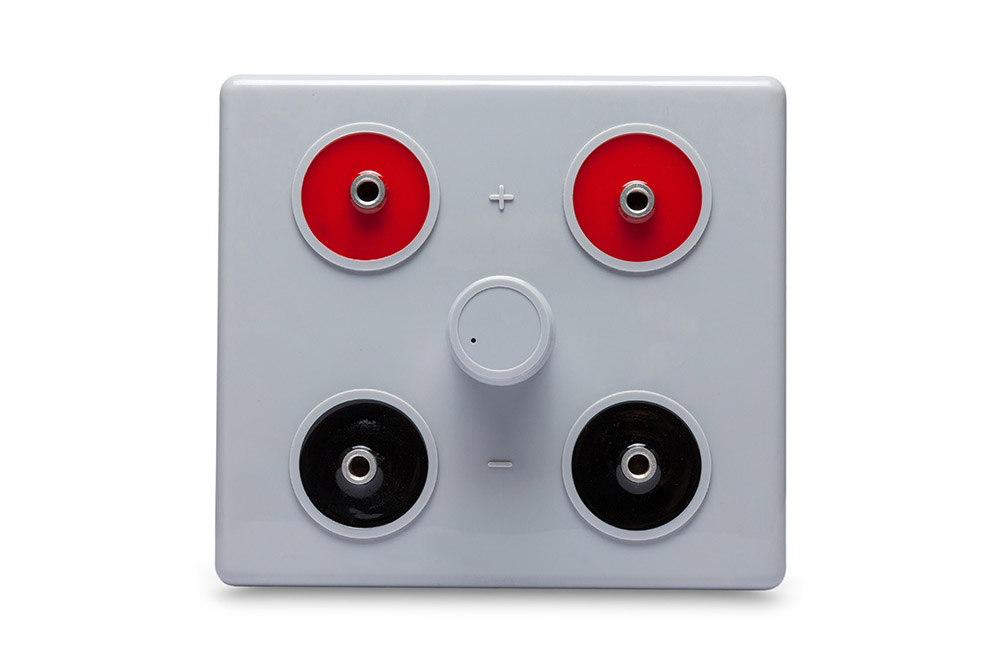OPZV batteries, or Tubular Plate Gel Batteries, are a type of valve-regulated lead-acid (VRLA) battery known for their long service life and high reliability. These batteries are commonly used in renewable energy systems, telecommunications, and uninterruptible power supplies (UPS). One critical component of OPZV batteries is their terminals, which play a vital role in the battery’s performance and safety.
Terminal Materials
The terminals of OPZV batteries are typically made from lead or lead alloys. Pure lead terminals offer excellent conductivity and corrosion resistance, making them ideal for high-performance applications. However, lead is a soft metal, which can lead to mechanical issues such as deformation under high torque. To address this, lead alloys, often containing antimony or tin, are used to enhance the mechanical strength of the terminals without significantly compromising their electrical properties.
Importance of Terminal Material Selection
Choosing the right terminal material is crucial for ensuring the longevity and reliability of OPZV batteries. Lead terminals are preferred for their superior conductivity and resistance to corrosion, which is essential for maintaining a stable connection over the battery’s lifespan. Additionally, the use of lead alloys can provide the necessary mechanical strength to withstand the rigors of installation and operation, particularly in applications where the battery may be subject to vibration or mechanical stress.


